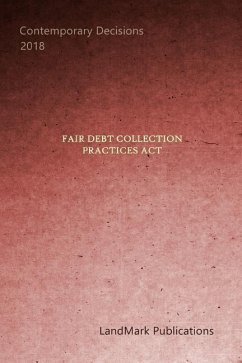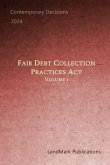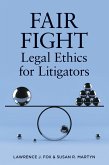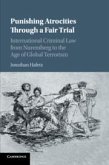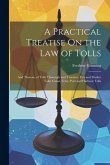THIS CASEBOOK contains a selection of U. S. Court of Appeals decisions that analyze, interpret and apply provisions of the Fair Debt Collection Practices Act. * * * Congress enacted the FDCPA to curb "abusive, deceptive, and unfair debt collection practices." 15 U.S.C. § 1692(a). Among other things, the Act seeks "to eliminate abusive debt collection practices by debt collectors [and] to insure that those debt collectors who refrain from using abusive debt collection practices are not competitively disadvantaged." Id. § 1692(e). To effectuate these purposes, Congress proscribed the use of "any false, deceptive, or misleading representation or means in connection with the collection of any debt" and provided a list of sixteen examples of such prohibited conduct. Id. § 1692e. These include making "false representation[s]" about "the character, amount, or legal status of any debt," id. § 1692e(2)(A), and "threat[ening] to take any action that cannot legally be taken or that is not intended to be taken," id. § 1692e(5). As we have noted, "[b]ecause the list of the sixteen subsections is non-exhaustive, a debt collection practice can be a 'false, deceptive, or misleading' practice in violation of section 1692e even if it does not fall within any of the subsections." Lesher v. Law Offices of Mitchell N. Kay, PC, 650 F.3d 993, 997 (3d Cir. 2011). Tatis v. Allied Interstate, LLC, 882 F. 3d 422 (3rd Cir. 2018).
Bitte wählen Sie Ihr Anliegen aus.
Rechnungen
Retourenschein anfordern
Bestellstatus
Storno

